when
country
Bangladesh
Subject
Emergencies

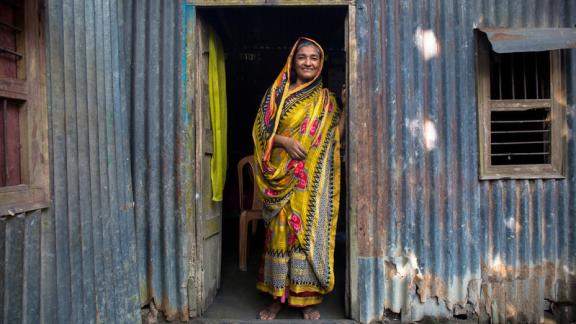
Resource
While abortion is considered illegal in Bangladesh, menstrual regulation, which has been a part of the country’s family planning program since 1979, is allowed up to 10–12 weeks after a woman’s last m...
In times of humanitarian crises and disasters, the inability to access health care during floods can have serious repercussions on the local community.
As part of their Innovation Programme project, our South Asia office in collaboration with the University of Leicester and the Government of Bangladesh provides reproductive health kits to health centres located in areas most prone to seasonal flooding. Known as 'Kit 8' it contains three months’ worth of medicine and equipment for the management of miscarriage and complications of abortion and menstrual regulation in emergency situations, essential to minimize associated morbidity and mortality. Medical staff are trained to administer procedures and provide post-procedure care.
While abortion is considered illegal in Bangladesh, menstrual regulation, which has been a part of the country’s family planning program since 1979, is allowed up to 10–12 weeks after a woman’s last menstrual period.
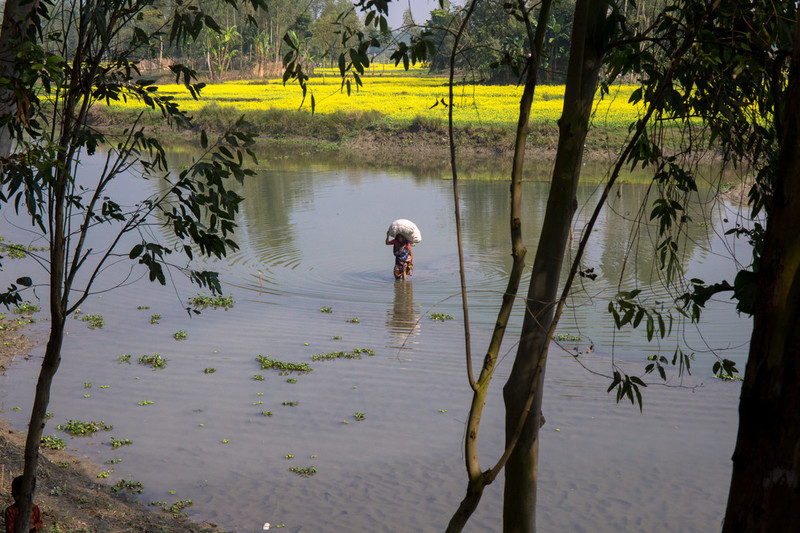
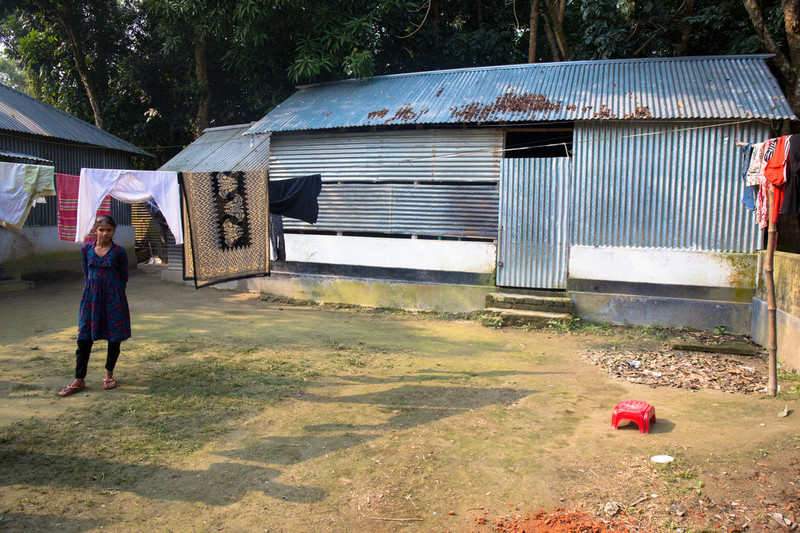
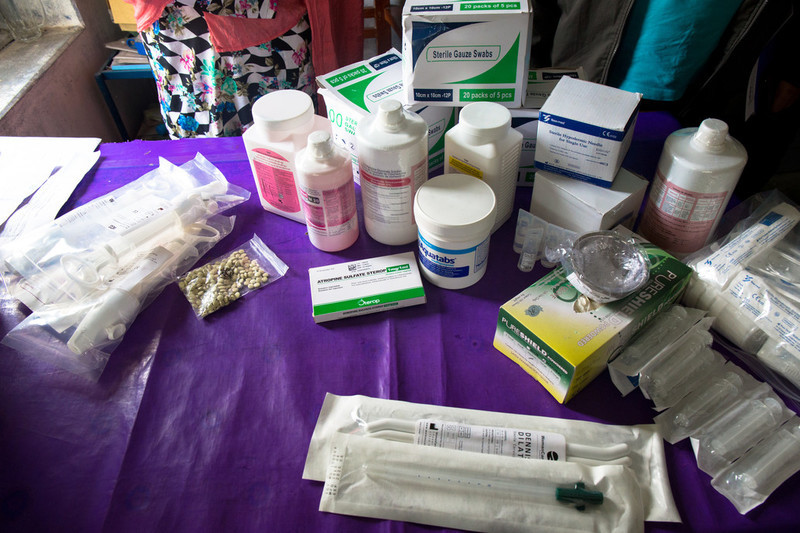
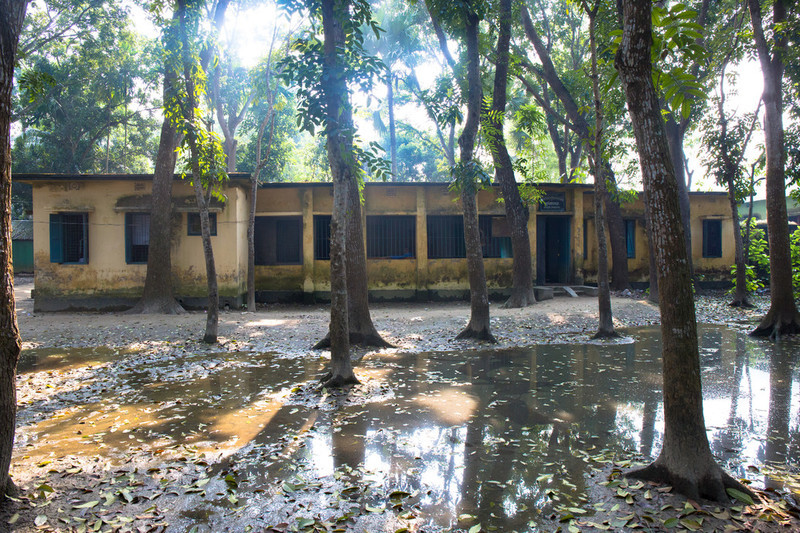
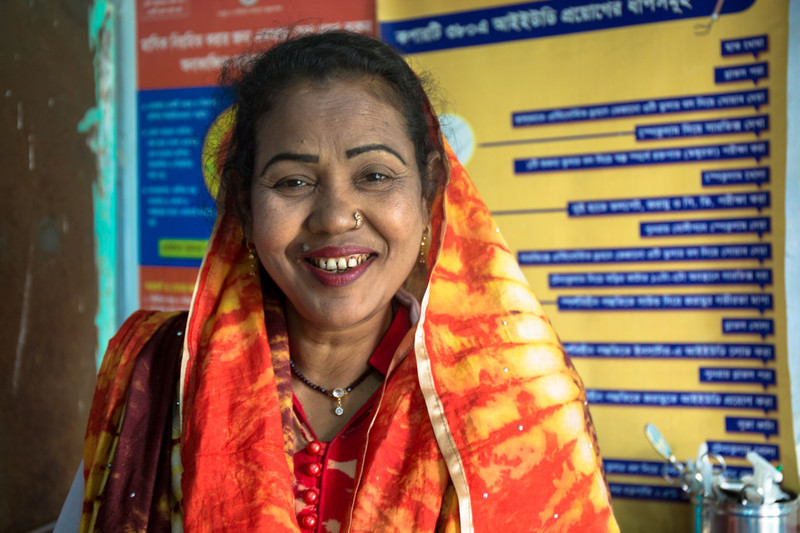
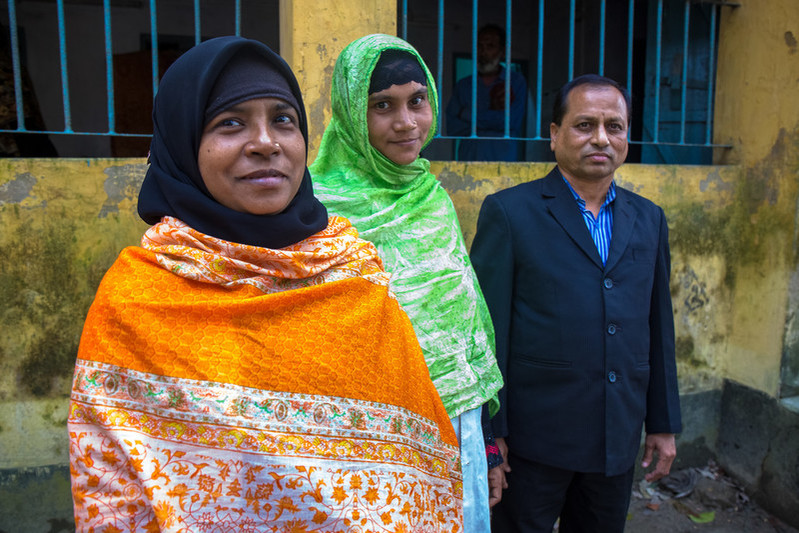
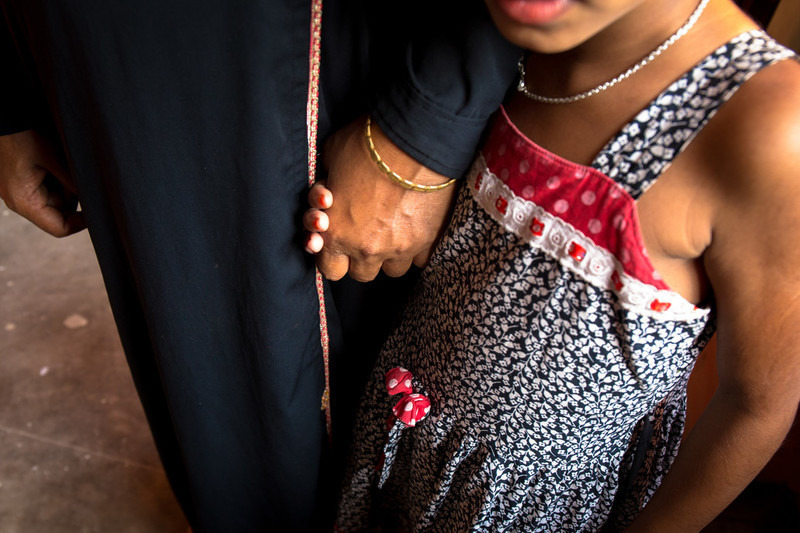
![Poly, 32, explains how six months ago her period stopped. Assuming she was pregnant she showed no other symptoms or physical changes. “My husband, father, and mother-in-law thought that my pregnancy had been eaten by a bad spirit,” Khatun says. “But when I came to the hospital the [doctor] found that I was only 3 weeks pregnant.” Concerned about health complications she decided to undergo menstrual regulation.](/sites/default/files/slideshows/Bangladesh_60475_IPPF_Victoria%20Milko_Bangladesh_IPPF%20%20.jpg)
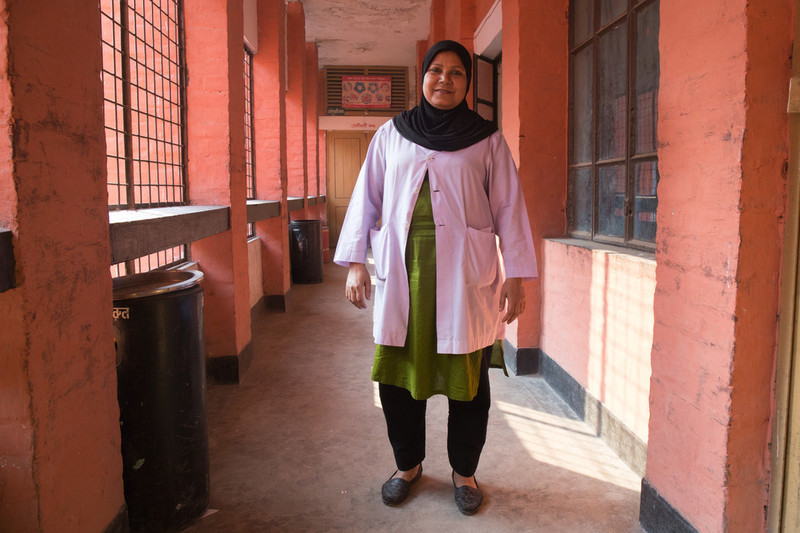
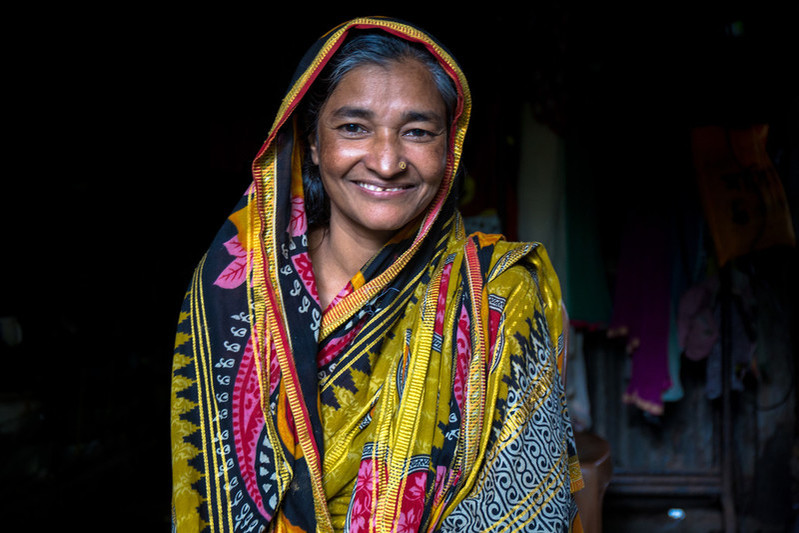
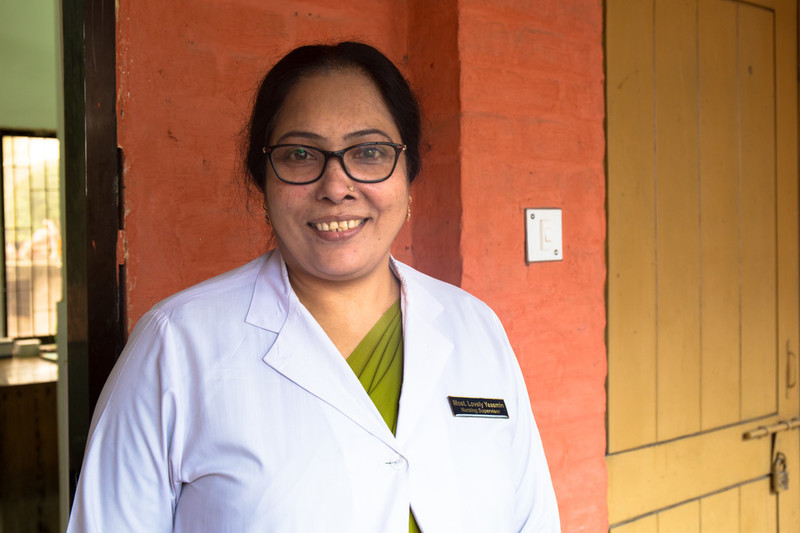
when
country
Bangladesh
Subject
Emergencies
Bangladesh

Nursing Supervisor Ms. Lovely Yasmin is one of several staff members providing family planning, menstrual regulation, and post-procedure care services at Upzila Health Complex in Belkuchi, Bangladesh.
Bangladesh
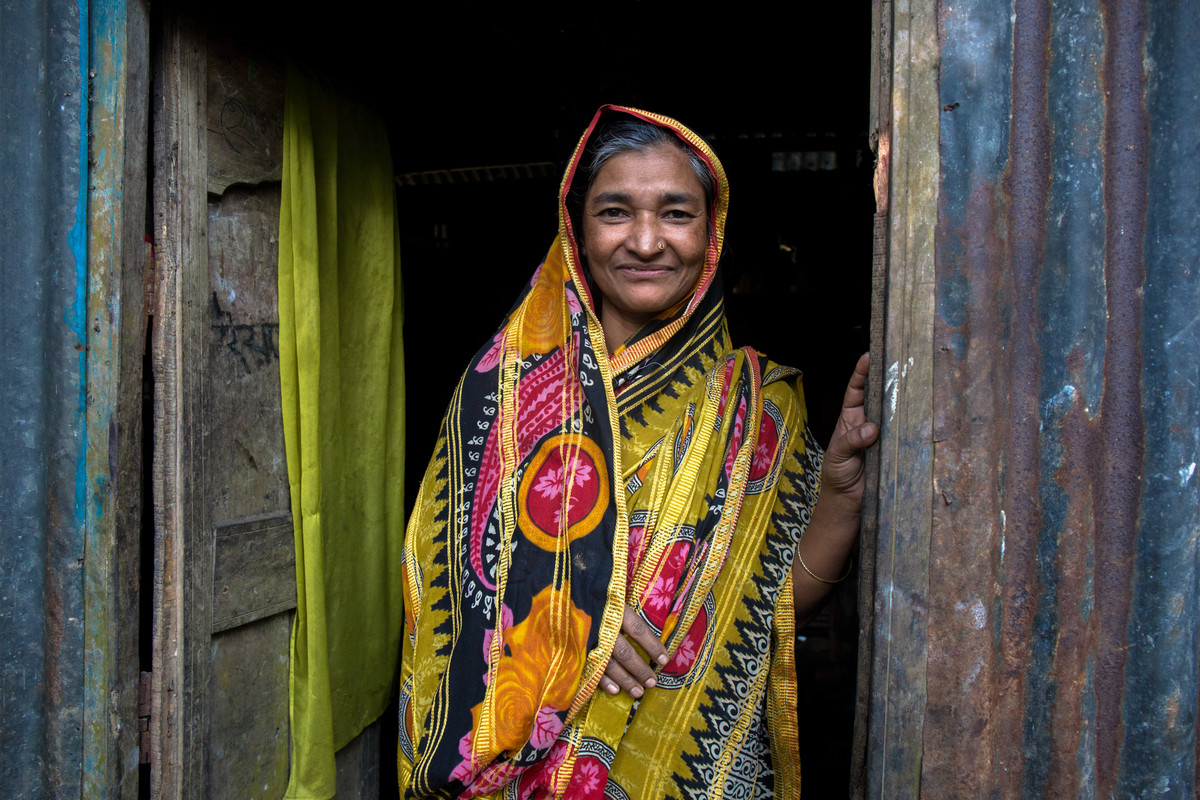
Auliya Khatun decided to undergo menstrual regulation when she found out that she had unintentionally become pregnant again.
Bangladesh
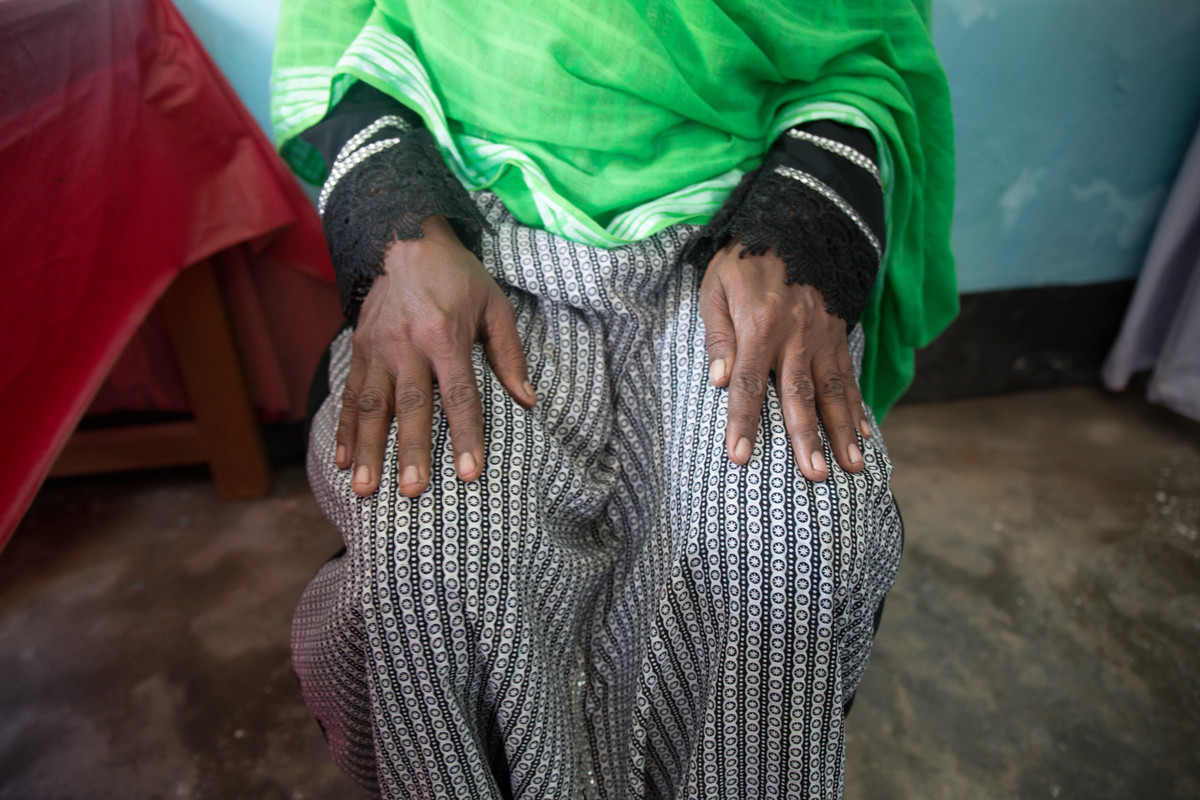
Shana Khatun decided to undergo menstrual regulation and received post-procedure care kit (Kit 8), that includes pain relief medicine. Alleviating the financial strain on her and her family.